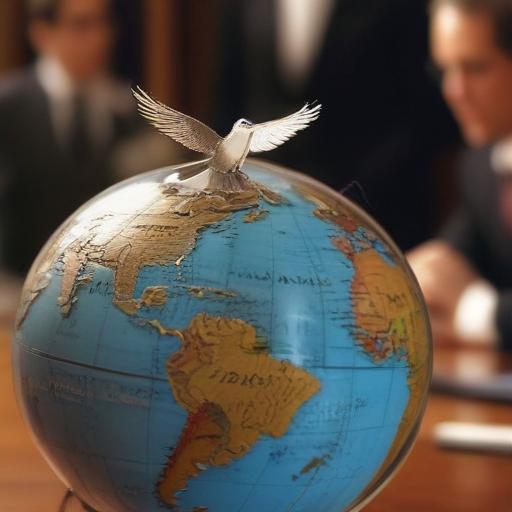Tensions between Israel and Iran intensified over the weekend as both nations engaged in escalating military actions amidst ongoing diplomatic discussions in Geneva. Iranian Foreign Minister Abbas Araghchi met with European officials from the UK, France, Germany, and the EU to address the conflict, which has now entered its second week. The dialogue indicates diplomatic efforts are being pursued, although the European representatives have not provided detailed outcomes of these talks.
During Friday’s military operations, Israel reported that 25 fighter jets were deployed to conduct airstrikes on Iranian missile storage facilities, part of a broad campaign that has resulted in significant casualties—at least 657 fatalities and over 2,000 injuries reported by Human Rights Activists in the week of hostilities. In a retaliatory strike, Iranian missile attacks injured 19 people in Israel’s city of Haifa. As Israel continues its offensive, Iranian officials express concerns about civilian casualties, alleging that the attacks target not just military sites but also hospitals.
In response to the escalating violence, thousands protested in Iran, demanding strong military action against Israel. Conversely, Iranian leadership emphasized a willingness to engage in discussions with European powers, provided Israel halts its military operations. This sentiment was echoed by Germany’s foreign minister, who stated that serious discussions could lead to de-escalation if Iran shows a commitment to refraining from developing nuclear weapons.
In a notable development, the U.S. State Department reported receiving inquiries from over 25,000 Americans seeking information on leaving the conflict areas, contemplating the safety of U.S. citizens in Israel and Iran as the military actions escalate.
As part of a broader regional backdrop, Iraqi Foreign Minister Fuad Hussein called for joint efforts among Arab nations to mitigate the conflict’s impact and avert threats to energy supplies, particularly through strategic waterways like the Strait of Hormuz.
The international community, led by diplomatic voices from European leaders and the U.N., continues to express the need for resolution and restraint as the situation remains volatile. There is hope that sustained diplomatic engagements can lead to a pathway away from conflict, as emphasized by various global leaders calling for a return to negotiations surrounding Iran’s nuclear program.
The importance of these discussions cannot be underestimated, as they might provide avenues for peace, not just in the immediate sense, but for long-term stability in the region that has faced decades of conflict and tension.
